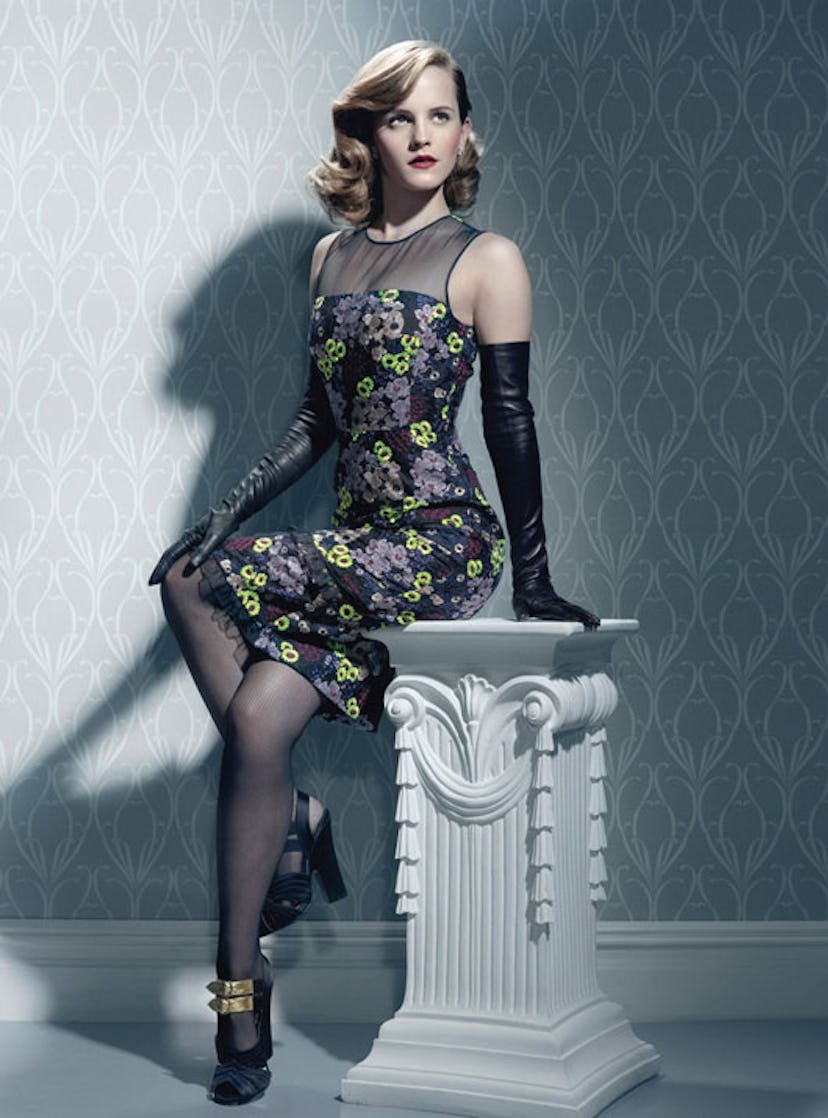Emma Watson Addresses Her White Privilege and ‘White Feminism’ in Letter to Her Book Club

Emma Watson has championed gender equality throughout her career, most notably in 2015 when she made feminism the focal point of a speech she delivered the U.N. headquarters which went viral. “This isn’t just, ‘girls are better than boys, boys are better than girls,’” she said, as Entertainment Weekly reported at the time. “This is just, ‘everyone deserves a fair chance.’” Feminism also played a role in her depiction of Belle in last year’s Beauty and the Beast, which earned feminist icon Gloria Steinem’s seal of approval, with Watson, for one, urging that her character wear sensible shoes. Watson has also made feminism the underlying current of her book club, Our Shared Shelf. But Watson’s feminism has been a work in progress throughout, as she acknowledged in a recent letter to her book club on Good Reads.
In the letter, which introduces the club’s first read of 2018, Reni Eddo-Lodge ‘s Why I’m No Longer Talking to White People About Race, she addresses her white privilege and “white feminism,” writing, “When I gave my UN speech in 2015, so much of what I said was about the idea that “being a feminist is simple!” Easy! No problem! I have since learned that being a feminist is more than a single choice or decision. It’s an interrogation of self. Every time I think I’ve peeled all the layers, there’s another layer to peel. But, I also understand that the most difficult journeys are often the most worthwhile. And that this process cannot be done at anyone else’s pace or speed. When I heard myself being called a ‘white feminist’ I didn’t understand (I suppose I proved their case in point). What was the need to define me — or anyone else for that matter — as a feminist by race? What did this mean? Was I being called racist? Was the feminist movement more fractured than I had understood? I began…panicking.”
Watson used that moment as a learning opportunity, she says. “It would have been more useful to spend the time asking myself questions like: What are the ways I have benefited from being white? In what ways do I support and uphold a system that is structurally racist? How do my race, class and gender affect my perspective? There seemed to be many types of feminists and feminism. But instead of seeing these differences as divisive, I could have asked whether defining them was actually empowering and bringing about better understanding. But I didn’t know to ask these questions.”
She is now encouraging her followers to do the same. “Everyone has their own journey, and it may not always be easy, but what I can promise is that you’ll meet some extremely cool people that you will REALLY love and respect along the way that will walk this path with you,” she writes. “You’re not alone. And even if you are, in a particular moment…remember you come from a long line of feminists who did this work, in the outside world but also inside themselves.”
Related: Emma Roberts Wants You to Read More, and She Has the Book Club To Make You Do It